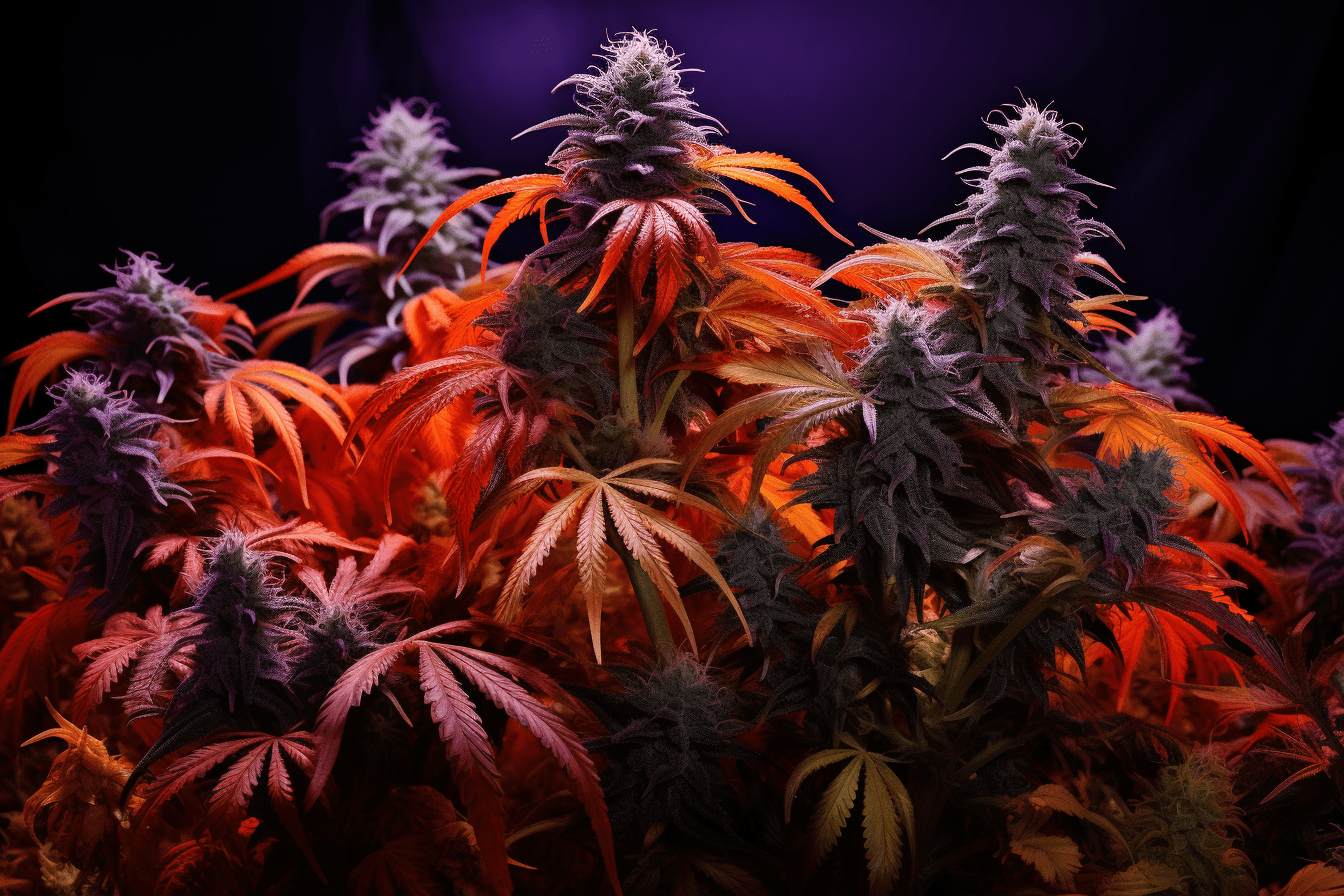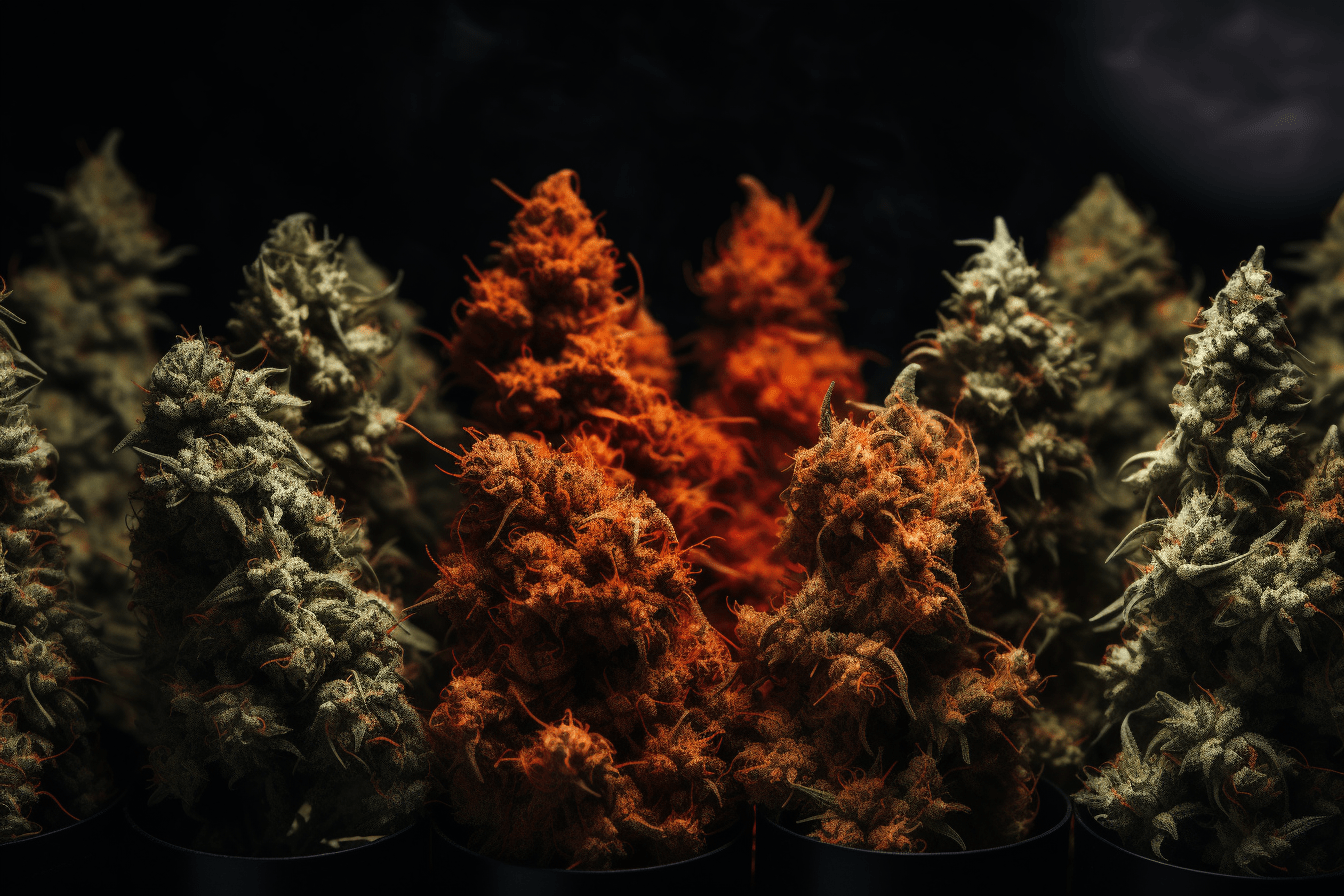
Navigating Sleep Woes: CBD vs. Modern Medicine
The pursuit of a good night's sleep is a universal quest, and for those grappling with sleep problems, the choice between CBD and modern medicine becomes a pivotal decision. In this blog post, we'll explore the nuances of both options, shedding light on how CBD compares to traditional medications when it comes to treating sleep issues.
-
CBD: Tapping into Nature's Sleep Aid:
CBD, or cannabidiol, has gained traction as a natural remedy for sleep problems. Derived from the cannabis plant, CBD interacts with the endocannabinoid system in the body, regulating various functions, including sleep. Unlike its psychoactive cousin THC, CBD doesn't induce a "high," making it a safe and non-intoxicating option.
-
Modern Medicine: The Conventional Approach:
Traditional medications for sleep, such as benzodiazepines or non-benzodiazepine hypnotics, have long been the go-to solution for many individuals struggling with insomnia. These medications work by targeting neurotransmitters in the brain to induce sedation, promoting sleep.
-
Onset of Action: CBD's Gradual Influence vs. Quick Fixes:
One notable difference between CBD and modern medicine is the onset of action. CBD tends to work more gradually, influencing the body's natural sleep-wake cycle over time. In contrast, many pharmaceutical sleep aids offer quicker results but may come with the risk of dependency and morning grogginess.
-
Quality of Sleep: Promoting Natural Rhythms with CBD:
CBD is celebrated for its ability to promote a more natural sleep experience. Users often report improvements in the quality of sleep, with fewer interruptions and a decreased likelihood of experiencing vivid dreams or nightmares. Modern medications may provide immediate relief, but they may not always contribute to a restorative sleep cycle.
-
Side Effects: Navigating the Trade-offs:
CBD is generally well-tolerated, with users reporting minimal side effects such as mild drowsiness or dry mouth. Modern sleep medications, on the other hand, may come with a range of side effects, including cognitive impairment, digestive issues, and the potential for dependency. Balancing the desire for immediate relief with long-term health considerations is a crucial factor.
-
Addressing Underlying Causes: Holistic Approach with CBD:
CBD takes a holistic approach to sleep issues by addressing potential underlying causes, such as stress or anxiety. By influencing the endocannabinoid system, CBD aims to restore balance to the body, potentially offering a more sustainable solution compared to medications that primarily induce sedation.
Conclusion:
In the realm of sleep solutions, the choice between CBD and modern medicine involves weighing the benefits and trade-offs of each option. While modern medications may provide quick relief, CBD offers a gentler, natural approach that prioritizes the body's own mechanisms for achieving restful sleep. As individuals seek personalized solutions to their sleep problems, the nuanced comparison between CBD and traditional sleep aids provides valuable insights for making informed decisions on the journey to a good night's sleep.


